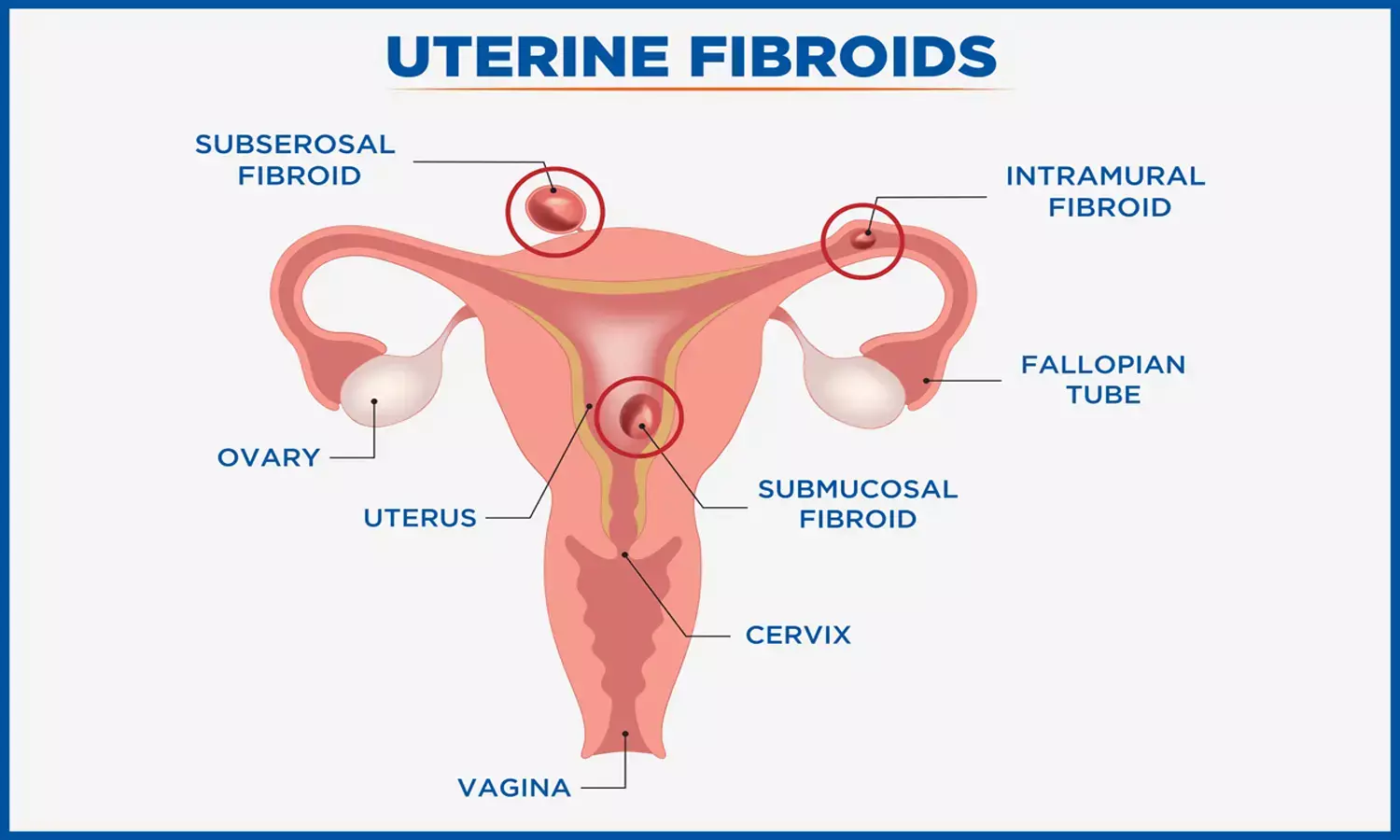- Home
- Medical news & Guidelines
- Anesthesiology
- Cardiology and CTVS
- Critical Care
- Dentistry
- Dermatology
- Diabetes and Endocrinology
- ENT
- Gastroenterology
- Medicine
- Nephrology
- Neurology
- Obstretics-Gynaecology
- Oncology
- Ophthalmology
- Orthopaedics
- Pediatrics-Neonatology
- Psychiatry
- Pulmonology
- Radiology
- Surgery
- Urology
- Laboratory Medicine
- Diet
- Nursing
- Paramedical
- Physiotherapy
- Health news
- Fact Check
- Bone Health Fact Check
- Brain Health Fact Check
- Cancer Related Fact Check
- Child Care Fact Check
- Dental and oral health fact check
- Diabetes and metabolic health fact check
- Diet and Nutrition Fact Check
- Eye and ENT Care Fact Check
- Fitness fact check
- Gut health fact check
- Heart health fact check
- Kidney health fact check
- Medical education fact check
- Men's health fact check
- Respiratory fact check
- Skin and hair care fact check
- Vaccine and Immunization fact check
- Women's health fact check
- AYUSH
- State News
- Andaman and Nicobar Islands
- Andhra Pradesh
- Arunachal Pradesh
- Assam
- Bihar
- Chandigarh
- Chattisgarh
- Dadra and Nagar Haveli
- Daman and Diu
- Delhi
- Goa
- Gujarat
- Haryana
- Himachal Pradesh
- Jammu & Kashmir
- Jharkhand
- Karnataka
- Kerala
- Ladakh
- Lakshadweep
- Madhya Pradesh
- Maharashtra
- Manipur
- Meghalaya
- Mizoram
- Nagaland
- Odisha
- Puducherry
- Punjab
- Rajasthan
- Sikkim
- Tamil Nadu
- Telangana
- Tripura
- Uttar Pradesh
- Uttrakhand
- West Bengal
- Medical Education
- Industry
Relugolix combo significantly reduces menstrual bleeding in uterine fibroids patients: NEJM

USA: Once-daily treatment with relugolix combination therapy (relugolix, estradiol and norethindrone acetate) significantly reduces menstrual bleeding and preserves BMD in women with uterine fibroids, finds a recent study the in the New England Journal of Medicine.
Uterine fibroids, non-cancerous growths in the uterus, are a common cause of heavy menstrual bleeding and pain. Once daily administration of combination therapy of relugolix -- an oral gonadotropin-releasing hormone-receptor antagonist -- may be effective in women with uterine fibroids and heavy bleeding while avoiding hypoestrogenic effects.
Ayman Al-Hendy, a professor of obstetrics and gynecology at the University of Chicago Medicine, and colleagues conducted two replicate international, double-blind, 24-week, phase 3 trials that involved women with fibroid-associated heavy menstrual bleeding. The participants were randomly assigned in the ratio of 1:1:1 to receive once-daily placebo, relugolix combination therapy (40 mg of relugolix, 1 mg of estradiol, and 0.5 mg of norethindrone acetate), or delayed relugolix combination therapy (40 mg of relugolix monotherapy, followed by relugolix combination therapy, each for 12 weeks).
The primary efficacy end point in each trial was the percentage of participants with a response (volume of menstrual blood loss <80 ml and a ≥50% reduction in volume from baseline) in the relugolix combination therapy group, as compared with the placebo group.
Key secondary end points were amenorrhea, volume of menstrual blood loss, distress from bleeding and pelvic discomfort, anemia, pain, fibroid volume, and uterine volume.
A total of 388 women in trial L1 and 382 in trial L2 underwent randomization.
Key findings of the study include:
- A total of 73% of the participants in the relugolix combination therapy group in trial L1 and 71% of those in trial L2 had a response (primary end point), as compared with 19% and 15%, respectively, of those in the placebo groups.
- Both relugolix combination therapy groups had significant improvements, as compared with the placebo groups, in six of seven key secondary end points, including measures of menstrual blood loss (including amenorrhea), pain, distress from bleeding and pelvic discomfort, anemia, and uterine volume, but not fibroid volume.
- The incidence of adverse events was similar with relugolix combination therapy and placebo.
- Bone mineral density was similar with relugolix combination therapy and placebo but decreased with relugolix monotherapy.
"Once-daily relugolix combination therapy resulted in a significant reduction in menstrual bleeding, as compared with placebo, and preserved bone mineral density in women with uterine fibroids," concluded the authors.
The study titled, "Treatment of Uterine Fibroid Symptoms with Relugolix Combination Therapy," is published in the New England Journal of Medicine.
DOI: https://www.nejm.org/doi/full/10.1056/NEJMoa2008283
Dr Kamal Kant Kohli-MBBS, DTCD- a chest specialist with more than 30 years of practice and a flair for writing clinical articles, Dr Kamal Kant Kohli joined Medical Dialogues as a Chief Editor of Medical News. Besides writing articles, as an editor, he proofreads and verifies all the medical content published on Medical Dialogues including those coming from journals, studies,medical conferences,guidelines etc. Email: drkohli@medicaldialogues.in. Contact no. 011-43720751


